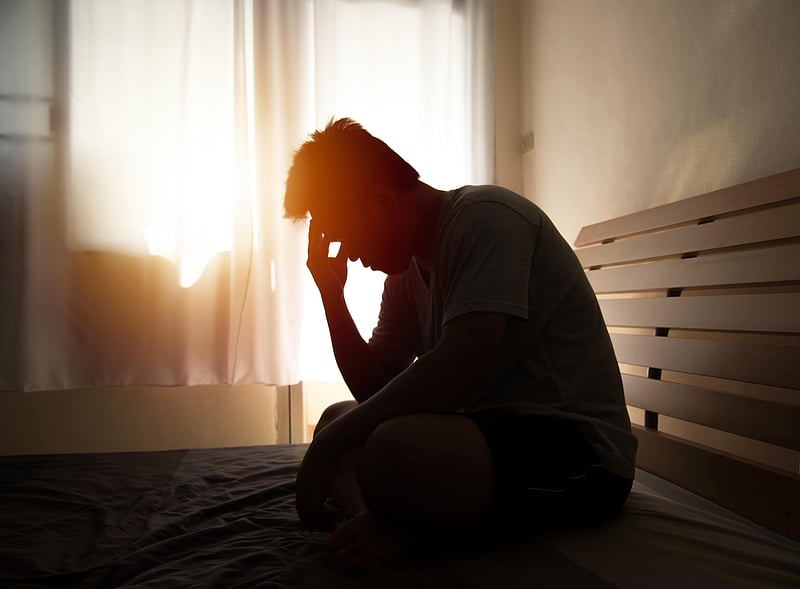Using the RefillRx mobile app? Then you will love our new, ENHANCED Sentry Drug Center mobile app.
Quickly request refills or login and manage your prescriptions on the go!
Available on both iTunes and Google Play.
Call or Visit for All of your Vaccination Needs!
Get Healthy!

- Steven Reinberg
- Posted July 31, 2023
Losing a Parent is Hard. Is It Harder for Boys?
After the death of a parent, boys may have a tougher time than girls, a new study suggests.
Young people who lose a parent before age 21 are at risk for poor mental health, lower income and unemployment in adulthood. Researchers say boys seem to be harder hit.
The study was published July 25 in the Journal of Epidemiology & Community Health.
"Early parental death is strongly associated with a higher risk of children's poor mental health in adulthood for both males and females, but the estimated odds ratios are usually quantitatively larger for males," the authors, led by Petri Böckerman of the University of Jyväskylä in Finland, said in a journal news release.
Böckerman and his colleagues collected data on nearly 1 million Finns born between 1971 and 1986.
By age 31, about 15% had lost a parent. Nearly 12% lost their father; fewer than 5% lost their mother.
Nearly 65,800 people lost a parent before age 21. They had higher odds of a hospital admission for mental health issues than those who lost a parent after age 30, the researchers found.
Males appeared to be more vulnerable than females. Men were 70% more likely to be hospitalized as were 52% of women. Substance use disorders and intentional self-harm were the most common reasons for admission.
Boys and young men who lost their moms before age 21 had nearly triple the odds of hospital admission for intentional self-harm compared to those who lost their mothers in their 30s, the researchers found.
Girls and young women who lost their fathers before age 21 were about twice as likely to have a substance use disorder as others. Losing a mother early was linked to an 88% increase in stress disorders.
The use of medication for mental health problems among those who lost a parent was between 18% and 33% higher for both sexes, compared with those who hadn't lost a parent. Sick leave was also more common.
Losing a parent before the age 21 was also linked with fewer years of schooling, lower annual earnings, and more periods of unemployment at ages 26 to 30 for both sexes.
The largest reduction in years of schooling -- more than half an academic year -- was among girls who had lost their mothers.
The effects on earnings and employment were larger for men. Among those who lost a father, there was nearly a 17% reduction in annual earnings and 6% lower likelihood of regular employment. For women, these were 11% and 4%, respectively.
More information
The Good Grief Trust has more about coping with the loss of a parent.
SOURCE: BMJ, news release, July 25, 2023
